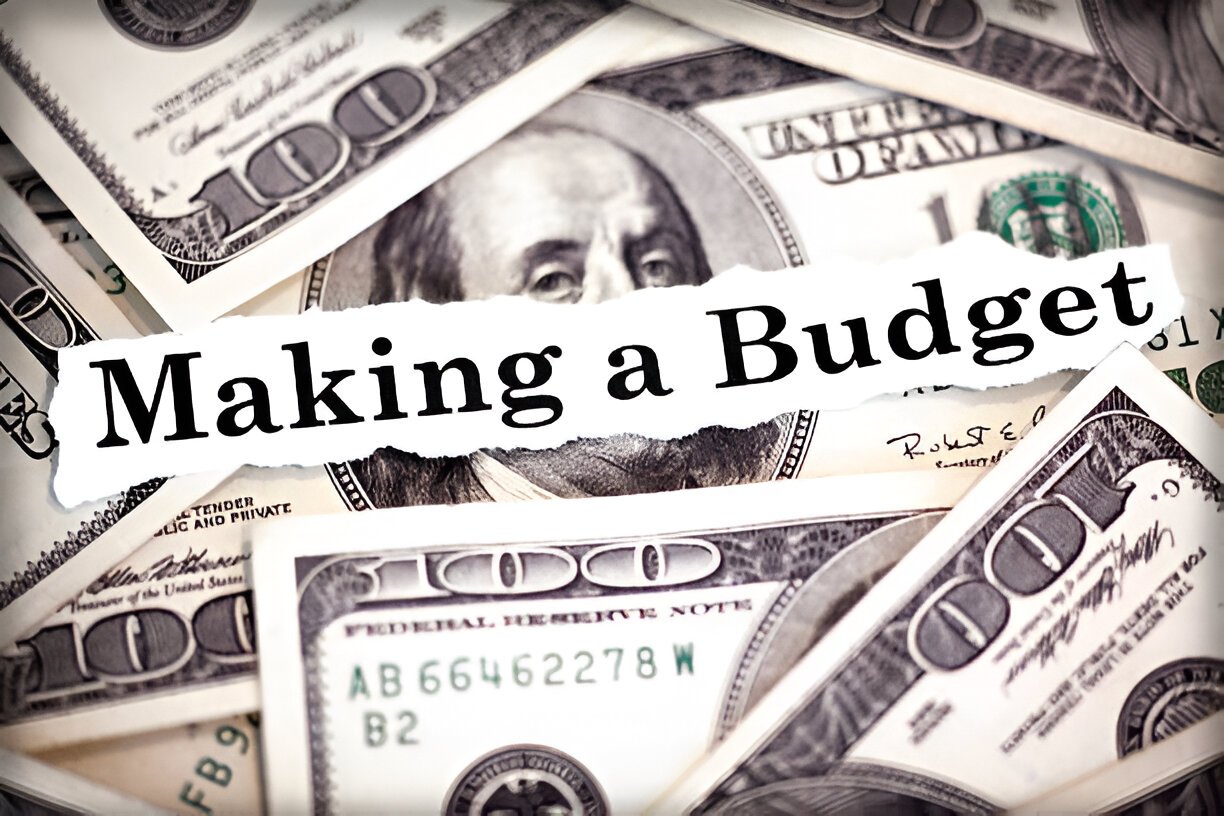Creating a detailed personal budget is a foundational step toward financial success. Not only does it help you take charge of your finances, but it also prevents unnecessary debt, builds savings, and empowers you to make informed decisions. Learning how to create a detailed personal budget for effective money management allows you to control where your money goes, prioritize your goals, and build a more secure financial future.
The Importance of Personal Budgeting and Money Management
Understanding how to create a detailed personal budget for effective money management involves more than just tracking income and expenses. It requires a strategic approach to planning, monitoring, and adjusting your financial behavior. Through budgeting, saving, investing, and controlling debt, you can achieve both short-term stability and long-term financial goals.
A personal budget acts as a financial roadmap. It gives you clarity over your spending habits, helps you avoid financial pitfalls, and sets the foundation for wealth-building strategies. Here’s how to get started with building a practical and sustainable budget.
Step 1: Setting Up Your Budget
The first step in how to create a detailed personal budget for effective money management is to define your financial goals. Start by identifying short-term goals such as building an emergency fund, saving for a vacation, or purchasing new tech gadgets. Then move on to long-term objectives like buying a home, funding higher education, or retiring comfortably. Assign a cost and timeline to each goal to give your budget direction and purpose.
Next, assess your current financial situation. List all sources of income, including your job salary, side hustles, dividends, rental income, and freelance projects. Once you have a complete picture of your earnings, identify your monthly expenses. These may include rent or mortgage payments, utility bills, groceries, insurance premiums, and transportation costs.
Don’t forget to consider your existing debts. Credit card balances, student loans, auto loans, and personal loans must be factored into your financial plan. Understanding your debt obligations is a vital part of creating a realistic budget.
Step 2: Tracking Income and Categorizing Expenses
Accurately tracking your income is key to learning how to create a detailed personal budget for effective money management. Begin with your net income—what you bring home after taxes and deductions. Then include bonuses, freelance earnings, passive income (like interest and dividends), and any other additional cash inflows.
Once your income is tallied, divide your expenses into categories:
- Fixed Expenses: These are consistent monthly payments like rent, mortgage, internet, and insurance.
- Variable Expenses: These change from month to month, including groceries, gas, entertainment, and dining out.
- Discretionary Spending: Lifestyle-related expenses such as subscriptions, hobbies, or non-essential shopping.
- Irregular Expenses: These might occur a few times a year—car repairs, medical bills, or annual subscriptions.
By organizing your expenses, you gain a clear understanding of your spending patterns and can better allocate funds accordingly.
Step 3: Creating and Allocating Your Budget
Now that you’ve gathered your income and expenses, it’s time to allocate your money. This stage is central to how to create a detailed personal budget for effective money management.
Start by assigning a spending limit to each expense category. Make sure your total expenses don’t exceed your income. Prioritize essential expenses like housing, utilities, groceries, and debt repayments. Once necessities are covered, distribute the remaining funds to savings and non-essential categories like entertainment or shopping.
Modern budgeting tools can simplify this process. Use spreadsheet programs like Excel or Google Sheets to create personalized budgets. You can also try budgeting apps such as Mint, YNAB (You Need a Budget), or PocketGuard to automate tracking and gain insights into your financial habits.
Step 4: Implementing Your Budget Plan
Implementing your plan effectively is crucial in the process of how to create a detailed personal budget for effective money management. Start by tracking your expenses daily. Whether you use apps, receipts, or your bank statement, maintaining awareness of your spending keeps you aligned with your budget.
Make it a habit to review your budget monthly. If you overspend in certain categories or notice unexpected expenses, revise your allocations. A flexible budget includes a buffer or emergency cushion to absorb financial surprises like medical emergencies or car troubles.
Step 5: Reviewing and Refining Your Budget
Your budget isn’t static—it should evolve with your life. Conduct monthly and quarterly reviews to evaluate your progress toward financial goals. Analyze what’s working and identify areas for improvement.
For instance, if your long-term goals are being neglected, consider adjusting your discretionary spending or increasing your savings contribution. Regular review ensures your budget stays aligned with your life circumstances and goals.
Major life changes—such as a new job, relocation, or expanding your family—should prompt an immediate budget update. Adjusting your financial plan in real time helps maintain relevance and stability.
Step 6: Advanced Budgeting Strategies
To elevate your financial resilience, build an emergency fund that covers three to six months of living expenses. This fund acts as a buffer, allowing you to navigate unexpected challenges without relying on credit or loans.
Use strategic debt repayment methods to eliminate liabilities efficiently:
- Snowball Method: Focus on paying off smaller debts first to build momentum.
- Avalanche Method: Target high-interest debts first to save on interest and pay off faster.
Additionally, prioritize saving for retirement and long-term wealth-building. Allocate part of your budget to investments such as stocks, ETFs, or real estate. Utilize retirement accounts like IRAs and 401(k)s, and take advantage of employer matching programs when available.
Conclusion
Mastering how to create a detailed personal budget for effective money management is a powerful tool for achieving financial independence. It helps you live within your means, plan for the future, and respond to financial emergencies with confidence.
Remember, budgeting is not a one-time activity but a continuous process. Regularly refine your plan, review your goals, and remain adaptable to life changes. With discipline and consistency, your budget can become a pathway to long-term financial success and stability.





